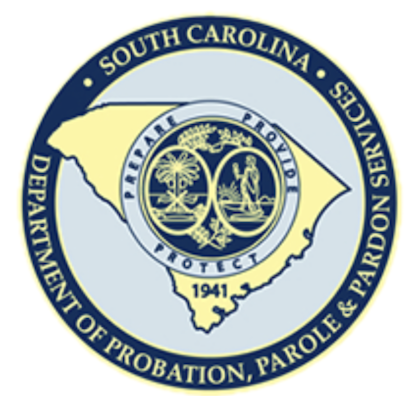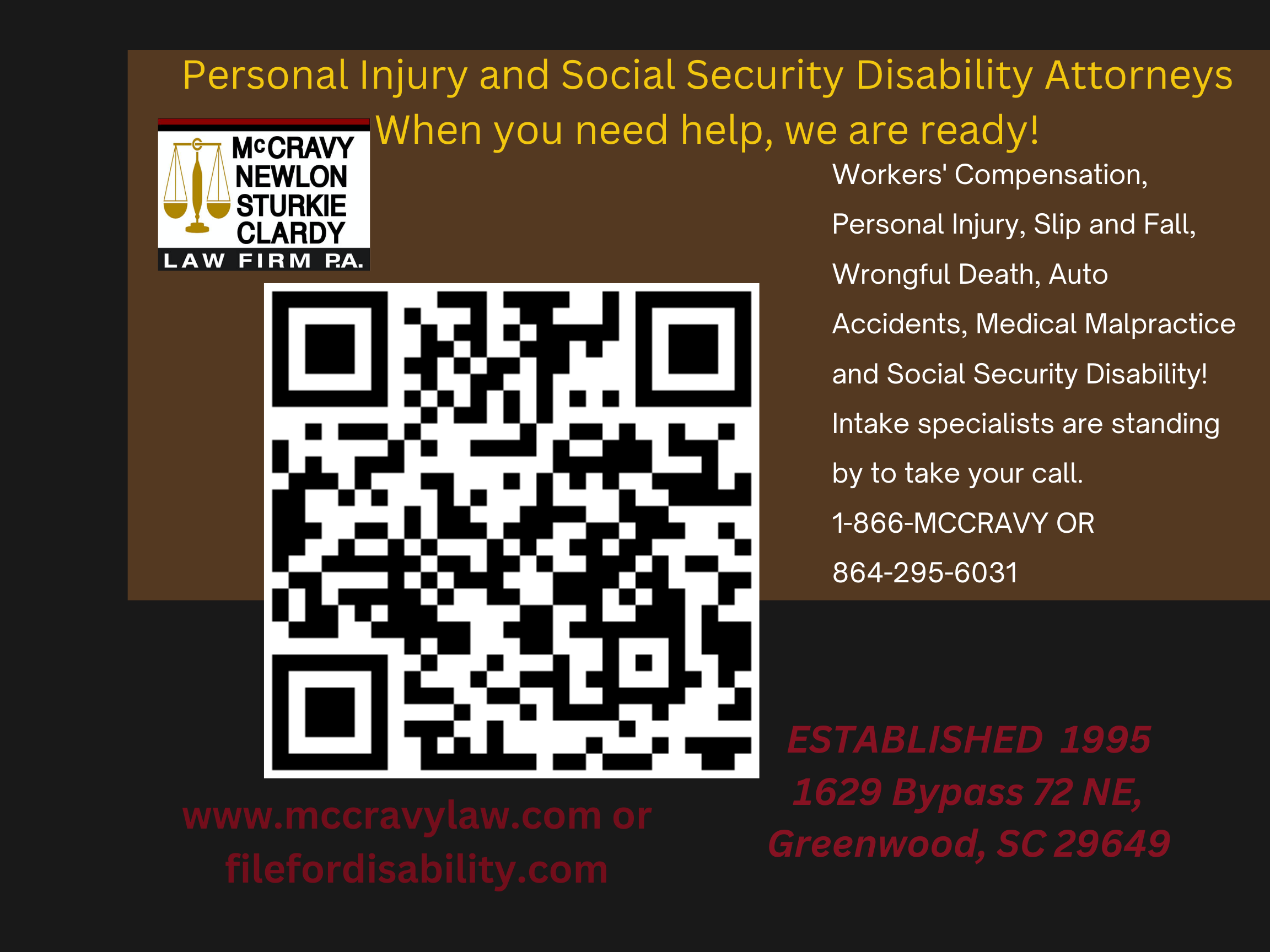The South Carolina Department of Probation, Parole and Pardon Services and the South Carolina Department of Corrections Warns of Scammers
January 16, 2024The South Carolina Department of Probation, Parole and Pardon Services (SCDPPPS) and the South Carolina Department of Corrections (SCDC) have been made aware that scammers are preying on families of inmates, pretending to be representatives of our agencies.
The scammers are asking for money in exchange for getting an incarcerated loved one released early from prison. Families are told the money is to pay for a special ankle monitor, and the money should be sent through an electronic cash transfer such as Venmo, Zelle, PayPal, MoneyPak, Cash App, cash gift cards, etc.
This is a scam. SCDPPPS and SCDC would never call and ask for money in exchange for early release.
If you are the recipient of such a call, HANG UP IMMEDIATELY, contact local law enforcement and report the scam to the FTC ReportFraud.ftc.gov or by phone at 1-877-382-4357.
This type of scam is called spoofing, a scheme in which scammers pretend to be people we trust. Do not trust caller ID. Scammers may “spoof” a phone number on caller ID so it falsely appears to be from a court or law enforcement agency.
Remember: real officers/agents will not call you and demand cash, gift cards or cryptocurrency.
Again, if you are unsure about a caller, hang up. Reach out directly to the agency using a number or email you know belongs to them.
Tips from the South Carolina Department of Consumer Affairs (SCDCA) on how to avoid scams:
- Don’t answer calls or respond to text messages from numbers you don’t know. Block these numbers as they come in.
- Don’t give personal or financial information in response to a request you didn’t expect. The government and legitimate businesses don’t do this.
- Don’t fall for high pressure tactics. Anyone who pressures you to make a decision, pay or give personal info is scammer.
- Know the forms of payment scammers like to use (gift cards, cryptocurrency, wire transfer). Avoid methods that are difficult to trace and as good as cash.
- Slow down. Stop and talk to someone you trust. Tell a friend, family member or neighbor what is going on.
SCDCA has additional scam prevention resources at https://consumer.sc.gov/identity-theft-unit/scams














